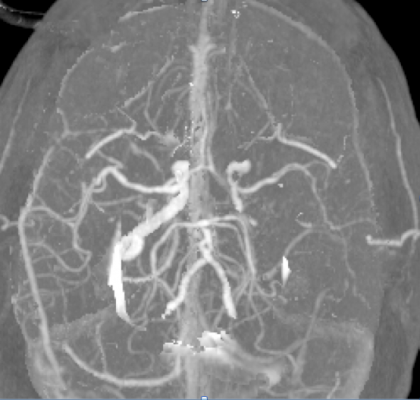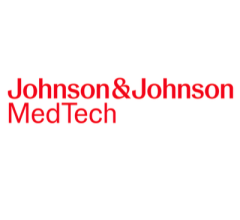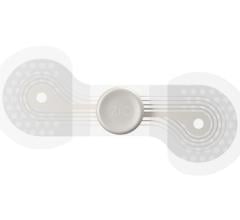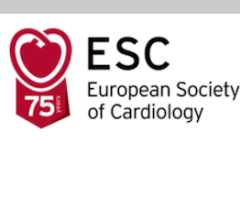
June 28, 2017 — Newly diagnosed asymptomatic atrial fibrillation patients have a higher rate of previous stroke than those with symptoms, according to results from the GLORIA-AF Registry presented at EHRA EUROPACE - CARDIOSTIM 2017. The findings highlight the need for screening to identify atrial fibrillation patients with no symptoms so that stroke prevention treatment can be given.
“Patients with non-valvular atrial fibrillation have a five-fold increased risk of stroke compared to those without atrial fibrillation,” said lead author Dr. Steffen Christow, a cardiologist at Hospital Ingolstadt GmbH, Ingolstadt, Germany. “Strokes in patients with non-valvular atrial fibrillation tend to be particularly severe and disabling, with about half of patients dying within one year.”
“Appropriate anticoagulant therapy substantially reduces the risk of stroke, but in many cases non-valvular atrial fibrillation is only diagnosed after a patient has had a stroke,” he continued. “When patients are unaware of their atrial fibrillation they remain untreated and unprotected from stroke.”
GLORIA-AF (Global Registry on Long-Term Oral Antithrombotic Treatment in Patients with Atrial Fibrillation) is a large, multinational, prospective registry program involving patients with newly diagnosed non-valvular atrial fibrillation. This sub-analysis compared characteristics between symptomatic and asymptomatic patients in Western Europe.
The study included 6,011 consecutively enrolled patients with non-valvular atrial fibrillation in Western Europe. Symptom status was defined by the European Heart Rhythm Association (EHRA) score: I-II asymptomatic/minimally symptomatic; III-IV symptomatic.
Two-thirds of patients (4,119) patients were asymptomatic/minimally symptomatic (hereafter referred to as ’asymptomatic‘) and one-third (1,892) were symptomatic at the time of diagnosis. A number of differences were observed between the two groups.
In terms of medical history, asymptomatic patients were twice as likely to have permanent atrial fibrillation (15.8 percent versus 8.3 percent) and more than twice as likely to have had a previous stroke (14.7 percent versus 6 percent) than patients in the symptomatic group. Asymptomatic and symptomatic patients had a similar number of stroke risk factors, as indicated by a CHA2DS2-VASc score of 3.3 in each group.
Christow said: “The finding of a higher rate of previous stroke in the asymptomatic patients despite no differences in the number of stroke risk factors may be explained by a longer but undiagnosed history of atrial fibrillation.”
“Our study found that in Western Europe, two-thirds of patients newly diagnosed with atrial fibrillation were asymptomatic,” he continued. “Without detection, patients may not receive appropriate preventive therapy and remain at increased risk of stroke.”
Christow concluded: “These results underline the urgent need for public programs to detect atrial fibrillation in the general population.”
The study was sponsored by Boehringer Ingelheim.
For more information: www.escardio.org


 December 19, 2025
December 19, 2025 









